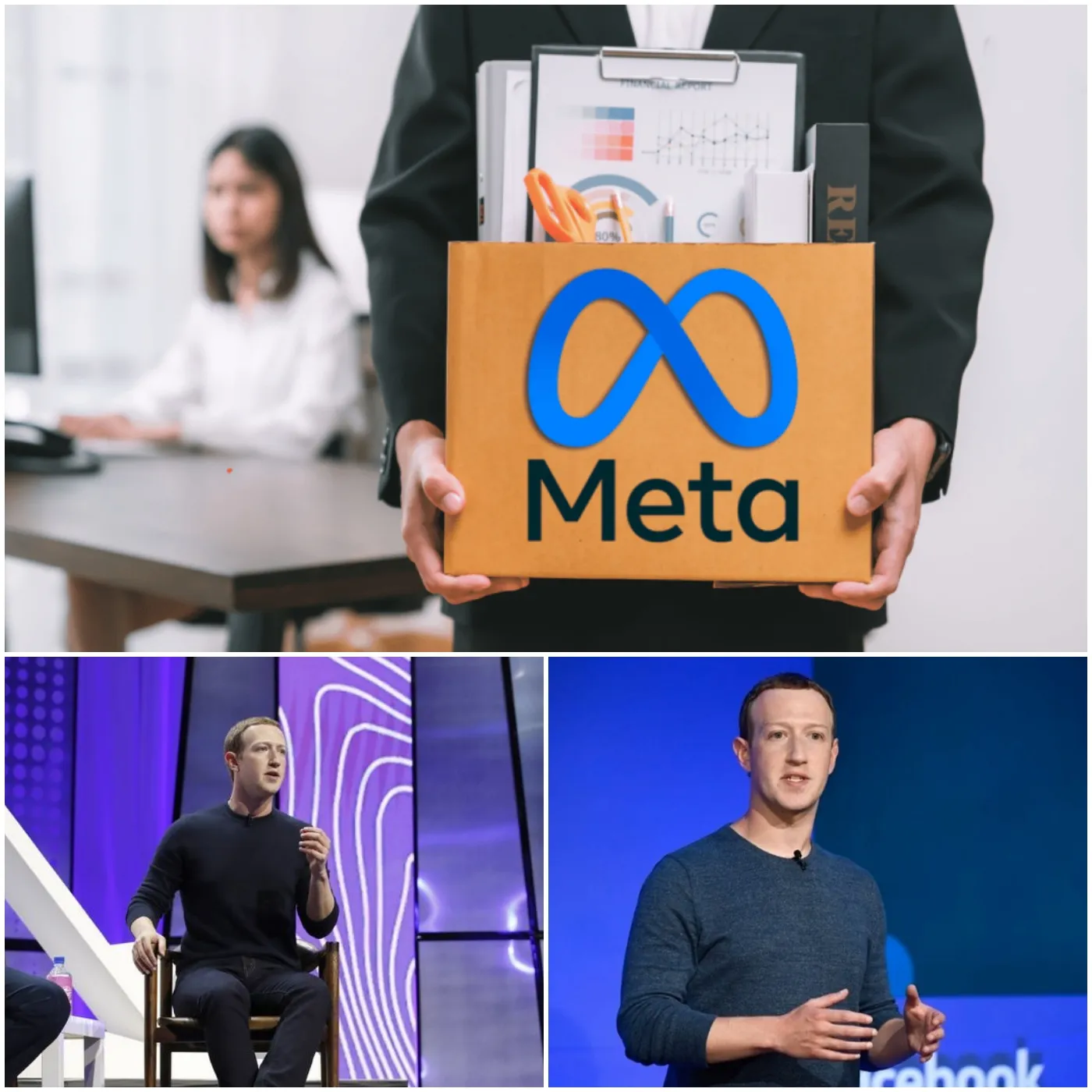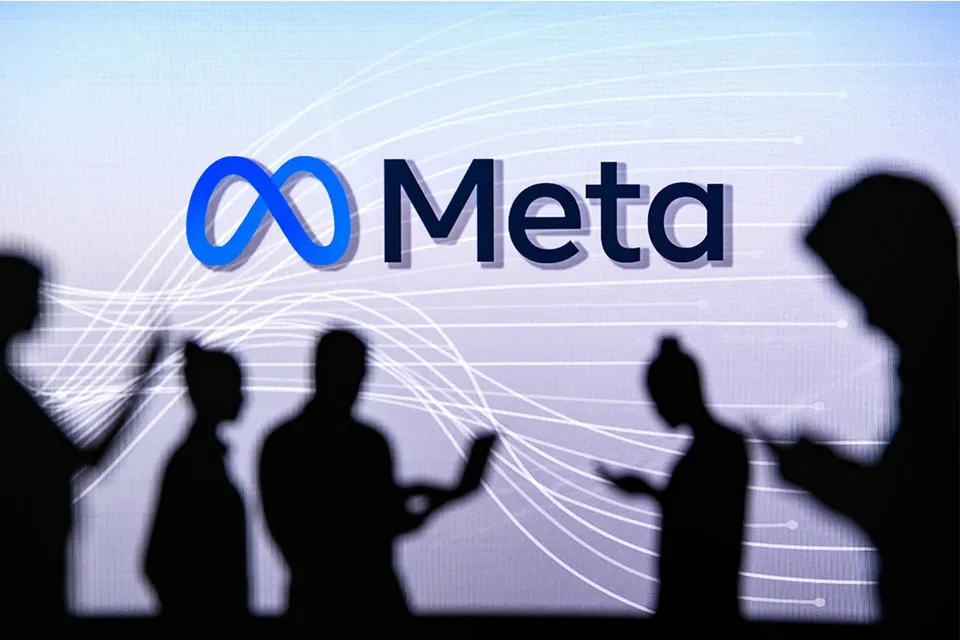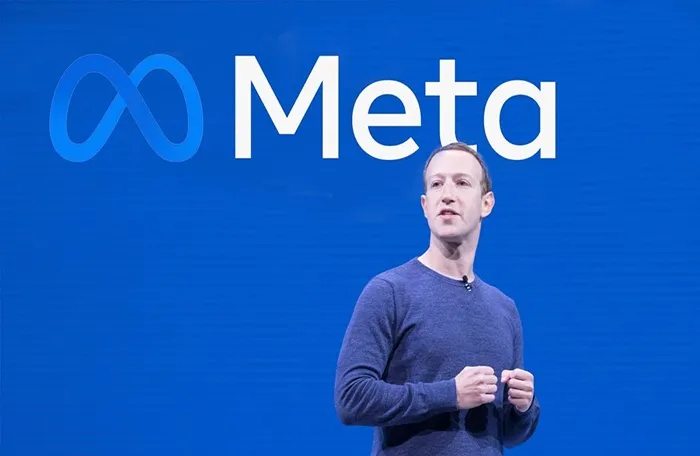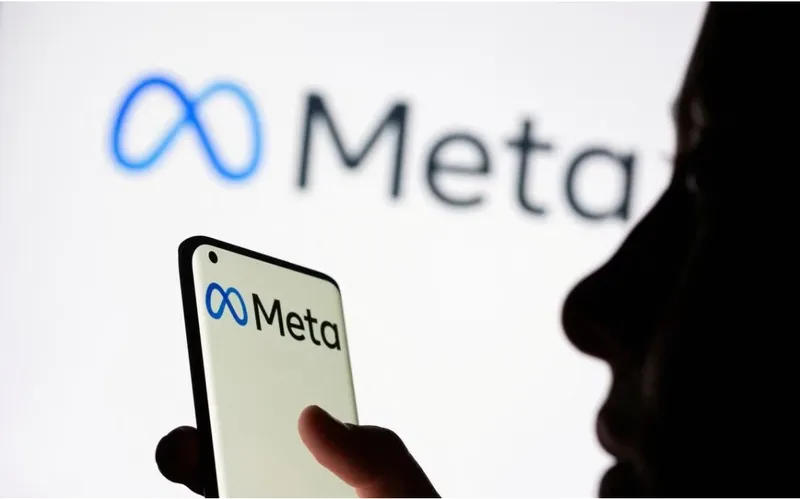

Employees Call Meta’s Mass Layoffs ‘Cruel’
Meta’s recent layoffs have sparked widespread outrage, with employees calling the company’s actions harsh and unfair. Many workers claim they were let go while on maternity or medical leave, leading to accusations that the tech giant prioritized cost-cutting over ethical treatment of its workforce.
Layoff Notices While on Leave
On February 10, Meta laid off nearly 4,000 employees, about 5% of its workforce, citing low performance as the main reason. However, reports from Fortune and discussions on Blind, an anonymous platform for tech workers, suggest a different story—one filled with misjudged evaluations, frustration, and anger.
“I consistently outperformed expectations for years, had a baby in 2024, and then got laid off while on maternity leave.” — A former Meta employee.
One worker, who was six months into maternity leave and preparing to return to work, received a termination notice despite having no record of underperformance. She is now seeking legal advice and is considering suing Meta.
Another long-time employee accused Meta of deliberately lowering ratings for those on medical leave.
“It seems to be more about money than performance. I worked here for more than 10 years, and now I realize Zuckerberg doesn’t care about his employees—only his company.”

Claims of Retaliation and Cost-Cutting
As Meta’s latest round of layoffs unfolds, industry insiders are questioning whether performance truly drove the job cuts—or if deeper motives were at play. While Meta publicly framed the layoffs as a strategy to weed out underperformers, some believe the move was more about reducing costs and reining in employee influence within the company.
A Microsoft employee with connections at Meta shared a bold perspective, suggesting the layoffs might have been “revenge” for the aggressive hiring spree of 2021–2022. During that period, Meta expanded its workforce rapidly, offering generous salaries and benefits to attract top talent amid fierce competition in the tech sector. However, as economic pressures mounted and financial forecasts tightened, those once-prized hires became targets.
“Meta’s directors were afraid of how much power workers had,” the Microsoft insider claimed. “Now they think salaries aren’t sustainable, so they’re putting the fear back into employees.” This sentiment echoes a broader trend in tech, where companies are pulling back on the lavish perks and high salaries that once defined the industry. Instead, they are focusing on efficiency and cost control, even if it means unsettling their workforce.
Adding to this narrative, a former Meta employee—who has since moved to Amazon—painted a picture of a shifting company culture. According to them, Meta appears to be favoring young, single workers who are willing to prioritize work above all else. “They want people who have nothing else to focus on but making money,” the former employee said. This shift could align with Meta’s “year of efficiency,” as announced by CEO Mark Zuckerberg, suggesting a preference for employees with fewer outside commitments and greater flexibility.
These insights highlight a potential cultural overhaul at Meta, as the company seeks to balance its ambitious investments in AI and virtual reality with the need for a leaner, more adaptable workforce. However, as rumors swirl and employee morale hangs in the balance, Meta faces the challenge of maintaining productivity and innovation while managing growing discontent within its ranks.

Sudden Changes in Performance Ratings
Reports also indicate that several employees initially received “Met” or “Above Expectations” ratings in mid-2024 but later found their evaluations had been changed to “Meets Mostly”, marking them as underperformers and leading to their termination.
After Business Insider published its investigation, Meta responded with a vague statement:
“Just because someone has met or exceeded expectations doesn’t mean they will continue to meet them consistently. Meta employees are held accountable to a high-performance culture based on goals.”
However, the company did not address concerns about employees being laid off while on leave or having their performance evaluations mysteriously downgraded before termination.

Meta’s Workforce Strategy: AI Over Employees
This latest round of layoffs aligns with CEO Mark Zuckerberg’s long-term vision to streamline Meta’s workforce while investing billions in AI and virtual reality.
In 2022 and 2023, Meta had what it called a “Year of Efficiency”, laying off more than 20,000 employees in two major waves. The move helped the company achieve:
– 16% revenue growth
– 69% profit growth
Some analysts now believe that annual layoffs may become a standard practice at Meta.
At the same time, Meta is increasing its hiring of machine learning engineers—a key part of its AI strategy.
Zuckerberg: AI Can Replace Mid-Level Engineers
In January 2025, Meta CEO Mark Zuckerberg made a bold prediction that sent ripples through the tech industry. During a company meeting, he suggested that artificial intelligence could soon become advanced enough to replace mid-level engineers. “Maybe in 2025, Meta and other companies will have AI strong enough to do this work,” Zuckerberg stated, signaling a potential shift in how tech companies approach staffing and innovation.
This statement has sparked concerns about the future of Meta’s workforce, especially as the company continues to cut traditional roles while heavily investing in its AI division. The latest round of layoffs, which affected nearly 4,000 employees—or about 5% of Meta’s workforce—has only intensified these fears. Many of those let go included engineers and other tech professionals who, in previous years, might have seemed untouchable in a company built on technological innovation.
Industry insiders believe Zuckerberg’s vision could lead to a significant transformation in Meta’s staffing strategy. By leveraging advanced AI tools, Meta could potentially reduce its dependency on human engineers for routine coding and development tasks. This shift would not only lower payroll costs but also streamline project workflows, allowing Meta to focus its human resources on more strategic and creative roles.
However, the potential benefits come with risks. While AI might handle certain technical tasks efficiently, a heavy reliance on automation could also lead to job insecurity and diminished morale among remaining employees. Critics argue that Meta’s strategy could alienate top talent, particularly if highly skilled workers feel their roles might soon be deemed obsolete.
As Meta continues to push the boundaries of AI and virtual reality, the company must strike a delicate balance. While harnessing the power of AI can drive innovation and profitability, maintaining a motivated and valued workforce will be crucial for long-term success.

A Company in Transition—But at What Cost?
As Meta reshapes its workforce, the company faces growing criticism over its treatment of employees.
– Layoffs are happening yearly, affecting thousands of workers.
– Employees on leave are being dismissed, raising ethical and legal concerns.
– Meta prioritizes AI investment, signaling that job security for non-AI roles is at risk.
While Meta remains profitable and innovative, the cost-cutting approach and harsh layoff tactics may damage its reputation—both among employees and the wider tech industry.
For now, it’s clear that Meta’s workforce strategy is evolving—but not everyone is happy with the direction it’s taking.


















